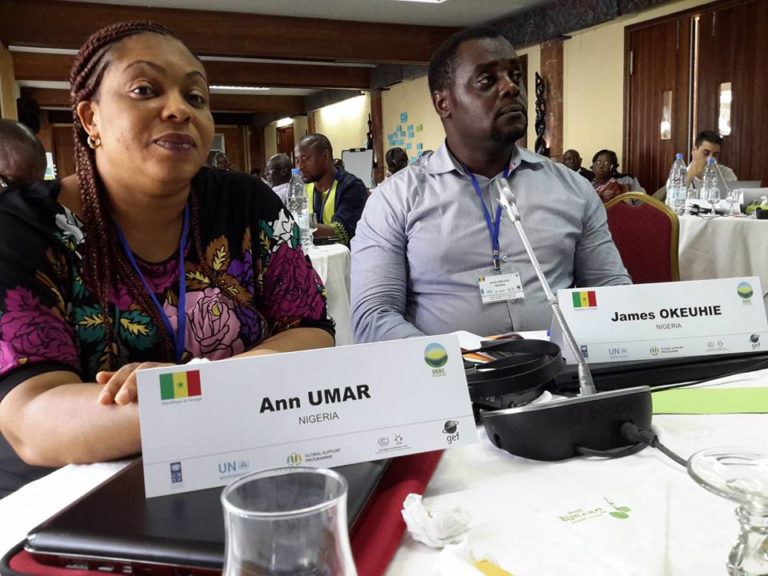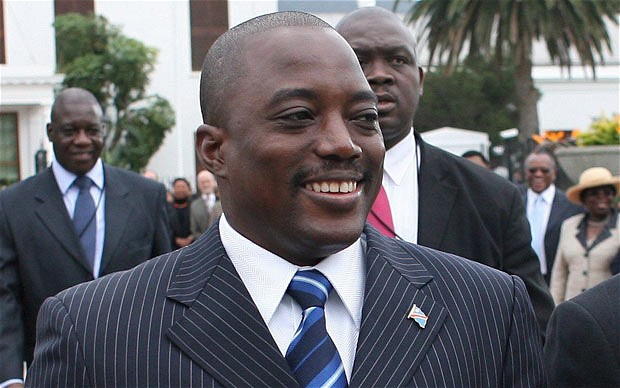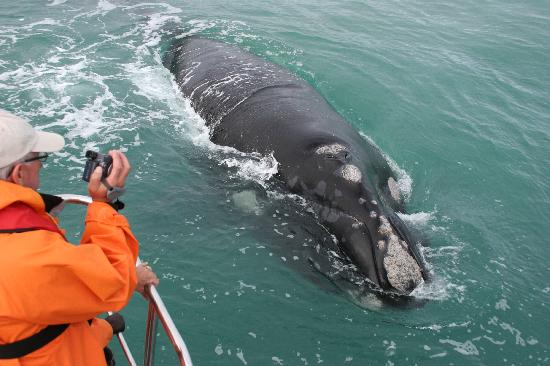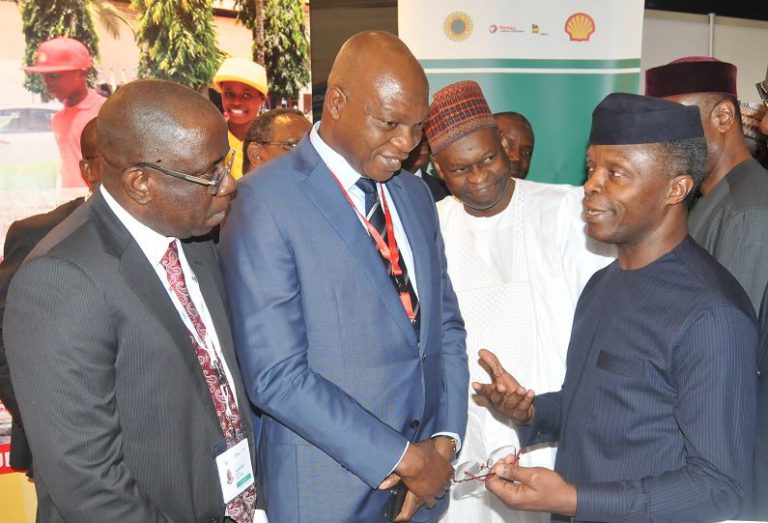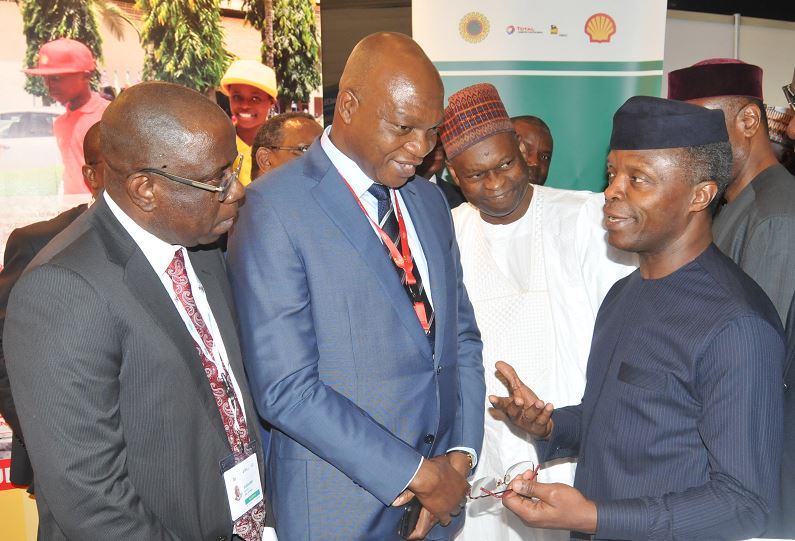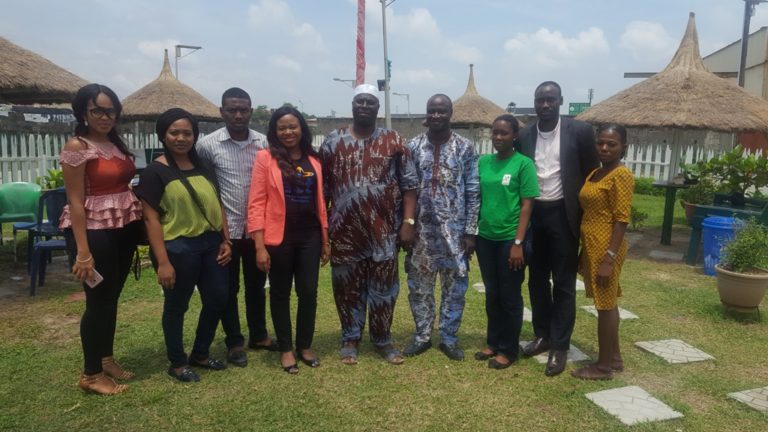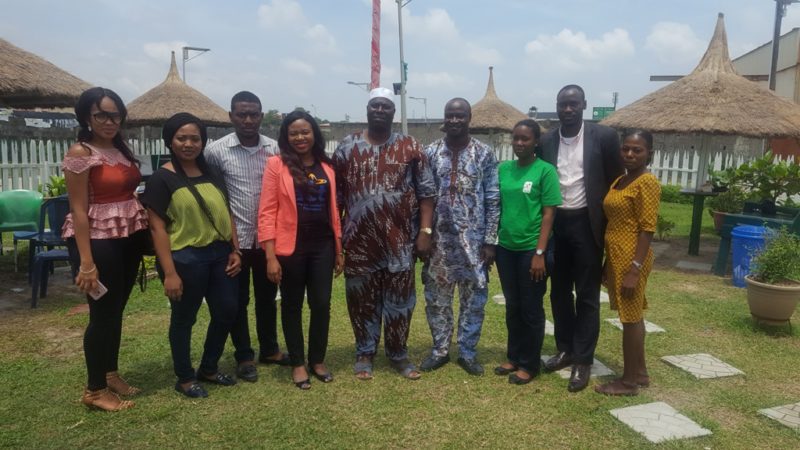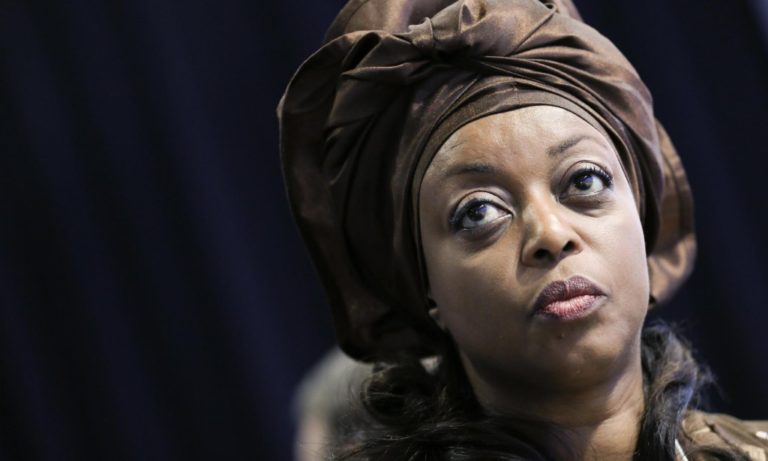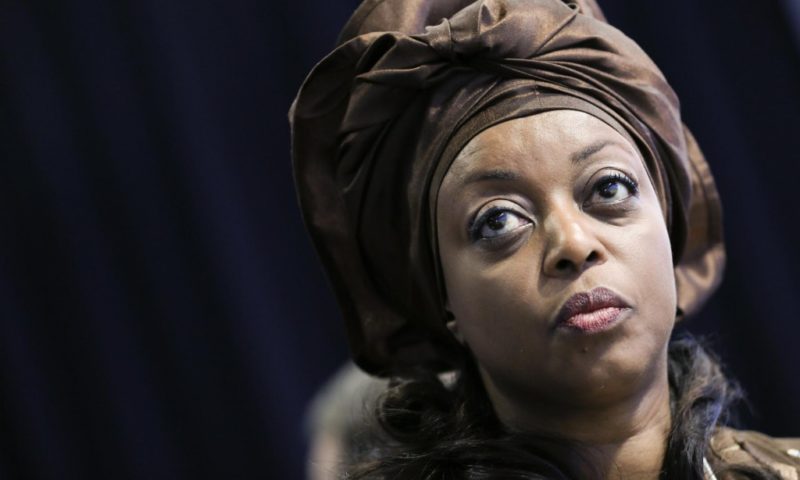In the framework of the West African South-South Network on Measurement, Reporting and Verification (MRV) and Transparency, which was initially launched in October 2016 in Lomé, Togo, Senegal is hosting the second annual meeting of the Network, which commenced on Wednesday, October 11 to end on Friday, October 13, 2017.
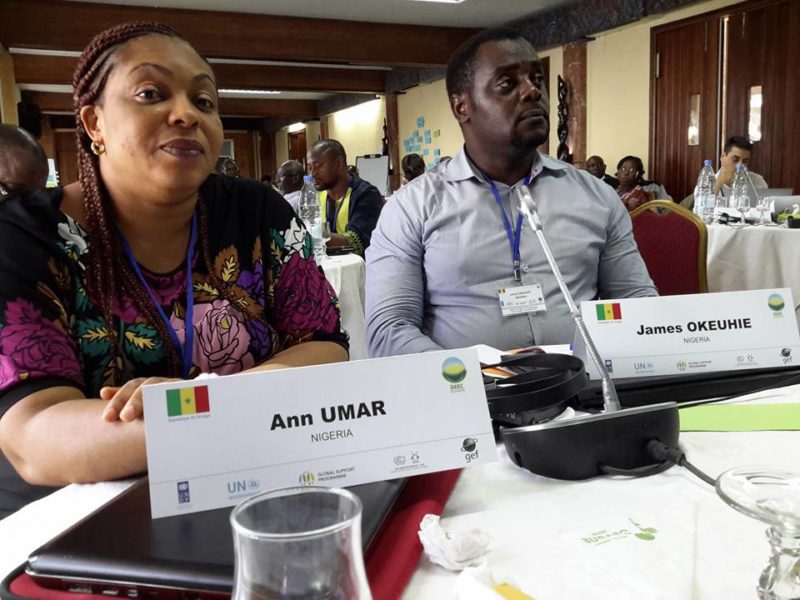
The meeting is convening the two nominated focal points from each country member of the Network, a guest country invited to share its experience (for 2017, the Government of Morocco), as well as West African regional institutions and international organisations involved in the MRV/Transparency framework.
No fewer than 14 countries have taken action to be part of the Network and nominated focal point to the Network (one1 for the energy sector and one for the AFOLU sector). These countries include: Benin, Burkina Faso, Cote d’Ivoire, the Gambia, Ghana, Guinea, Guinea Bissau, Liberia, Mali, Niger, Nigeria, Senegal, Sierra Leone and Togo.
Nigeria is being represented at the meeting by senior officials in the Department of Climate Change in the Federal Ministry of Environment: Ann Umar and James Okeuhie.
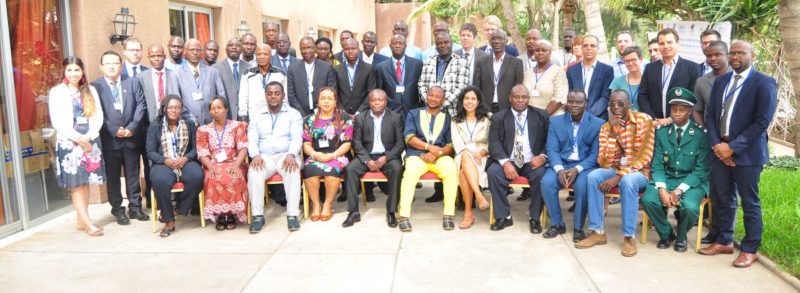
The ongoing meeting seeks to accomplish the following results:
- Develop an action plan for the Network which can provide short and long term benefits to its member countries by facilitating concrete opportunities for regional exchanges, peer to peer collaboration and improved capacity building on MRV and Transparency;
- Provide participants with a better understanding of the linkages between the existing MRV arrangements and the Enhanced Transparency Framework established under the Paris Agreement, which will be instrumental for the implementation and tracking of Nationally Determined Contributions (NDCs);
- Share success stories and lessons learnt on MRV from the West African region; and,
- Facilitate and support trust building among actors to enhance climate action and collaboration.
The meeting is being technically and financially supported by the UNDP/UNEP GSP and the Regional Collaboration Centre of Lomé (RCC Lomé).

